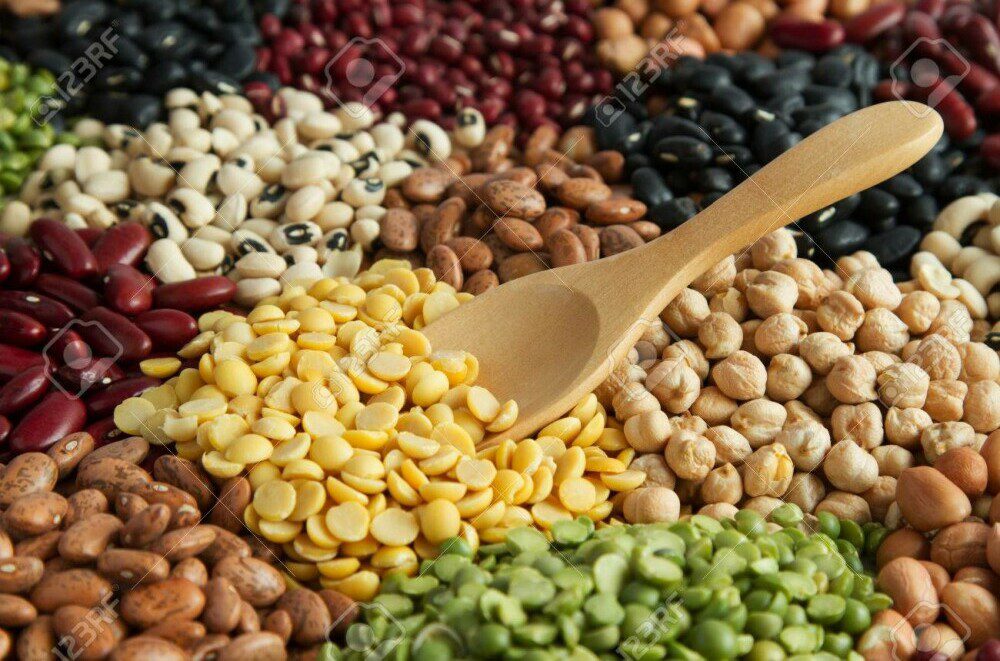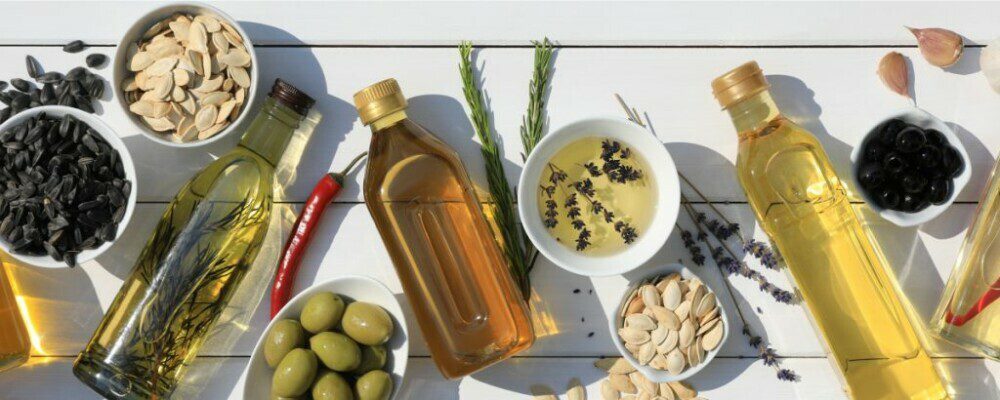Introduction to Alternatives to Fish Oil Supplements
Omega-3 fatty acids are essential polyunsaturated fats that must be obtained through diet or supplements, as the body cannot produce them. They form a crucial part of the cell structure, provide energy, and support the proper functioning of the heart, lungs, blood vessels, and immune system.
There are three primary types of omega-3s:
- Eicosapentaenoic acid (EPA): Found in fish
- Docosahexaenoic acid (DHA): Also found in fish
- Alpha-linolenic acid (ALA): Found in plant foods
Though you should attempt to include foods rich in Omega 3’s in your diet (A diet high in certain fish, seeds, and nuts can help you get more omega-3s.), many turn to supplements, especially fish oil, to ensure they have adequate intake. However, new research has raised some questions about using fish oil supplements. I share that article in the next paragraph.
In an article written May 23, 2024 in Medical News Today, the author, Bob Curley, cites research from China that shows fish oil supplements may actually increase the risk of heart attack and stroke for those with good cardiovascular health. Ironically, the same study shows the benefits of the supplements for those with poor cardiovascular health.
I currently am in good cardiovascular health and have been including fish oil supplements in my daily routine (I am not fond of eating fish). After reading this article, I thought it prudent to look for alternatives to fish oil supplements. As always, before turning to supplements, your diet should be the first source for nutrients, including Omega 3 fatty acids. I have therefore included a good article at the end of this post that provides dietary sources of Omega 3 fatty acids.

Vegetarian and Vegan Sources of Omega-3 Fatty Acids
Omega-3 fatty acids offer numerous benefits for both your body and brain. Many health organizations recommend that healthy adults consume 250–500 milligrams (mg) of eicosapentaenoic acid (EPA) and docosahexaenoic acid (DHA) daily. This intake can be achieved by eating two servings of fatty fish per week.
For alpha-linolenic acid (ALA), a plant-based omega-3, the National Institutes of Health recommends an adequate Intake of 1,600 mg for males and 1,100 mg for females.
As stated earlier, fish and seafood are the best sources of two of the primary fatty acids, DHA and EPA. Plant sources are best for ALA. However, if you don’t eat fish or do not take fish oil, a combination of the vegan sources below can provide all 3 essential fatty acids:
Vegan Algal Oil
Algal oil, derived from algae, is a notable vegan source of both EPA and DHA. Some studies suggest its nutritional availability of these omega-3 fatty acids is comparable to that of seafood.
- Omega-3 Content: Varies (contains both DHA and EPA)
- Additional Benefits: Protein, potential antidiabetic, antioxidant, and antihypertensive properties
Seaweed and Algae
- Omega-3 Content: Varies (contains both DHA and EPA)
- Additional Benefits: Protein, potential antidiabetic, antioxidant, and antihypertensive properties
- Common Forms: Nori (sushi), dried seaweed (snack), chlorella, spirulina (smoothies)
Chia Seeds
- Omega-3 Content: 5.055 grams of ALA per 1 oz serving
- Additional Nutrients: Fiber, Protein
- Common Uses: Granola, salads, smoothies, chia pudding, egg substitute
Hemp Seeds
- Omega-3 Content: 2.605 grams of ALA per 3 tablespoons
- Additional Nutrients: Protein, Magnesium, Iron, Zinc
- Common Uses: Salads, smoothies, baking
Ground Flaxseeds
Ground flaxseeds are preferred to whole seeds as the nutrients are more easily absorbed than whole seeds.
- Omega-3 Content: 6.703 grams of ALA per tablespoon
- Additional Nutrients: Fiber, Protein, Magnesium, Manganese
- Common Uses: Oatmeal, cereal, salads, egg replacement
Ground Flaxseed and Chia Seed Mix
Walnuts
- Omega-3 Content: 3.346 grams of ALA per cup
- Additional Nutrients: Healthy fats
- Common Uses: Granola, trail mix, yogurt, salads, snacks
Soybean Cooking Oil
- Omega-3 Content: 0.92 grams of ALA per tablespoon
- Additional Nutrients: Vitamin B2, Magnesium, Potassium, Folate, Vitamin K
- Common Uses: Cooking
Wheat Germ
- Omega-3 Content: 6.91 grams of ALA per cup
- Additional Nutrients: Vitamin B1, Vitamin B6, Folate
- Common Uses: Topping for salads, cereals, yogurt

Conclusion
A healthy whole food diet, consisting of fresh fruits and vegetables, whole grains and lean meats, especially seafood, is the key to optimal health. However, for a variety of reasons, some need to add supplements to their diet to achieve complete nutritional values on a daily basis.
Though I eat relatively healthy, fish and seafood is not a part of my diet. To ensure proper intake of omega 3 fatty acids, I have been taking fish oil. However, recent research has shown that may not be optimal. I therefore did some research and put together this post to find alternatives.
For those taking supplements, the plant-based options I cited provide a range of omega-3 fatty acids along with other essential nutrients, supporting a healthy diet for both omnivores and vegetarians/vegans.
Resources
- Regular use of fish oil supplements may increase first time heart disease and stroke risk
- How to include more omega-3 in your diet
- 8 Best Vegan Omega-3 Rich Foods
Related Content from Optimal Retirement Living
* Affiliate Disclosure: What are affiliate links?
Purchases are made on external affiliate company websites: When a reader clicks on an affiliate link located on www.optimalretirementliving.com to purchase an item, the reader buys the item from the seller directly (not from optimalretirementliving.com). Amazon and/or other companies pay optimalretirementliving.com a small commission or other compensation for promoting their website or products through their affiliate program.
Note: “As an Amazon Associate, I earn from qualifying purchases.”
Prices are exactly the same for you if your purchase is through an affiliate link or a non-affiliate link. You will not pay more by clicking through to the link.